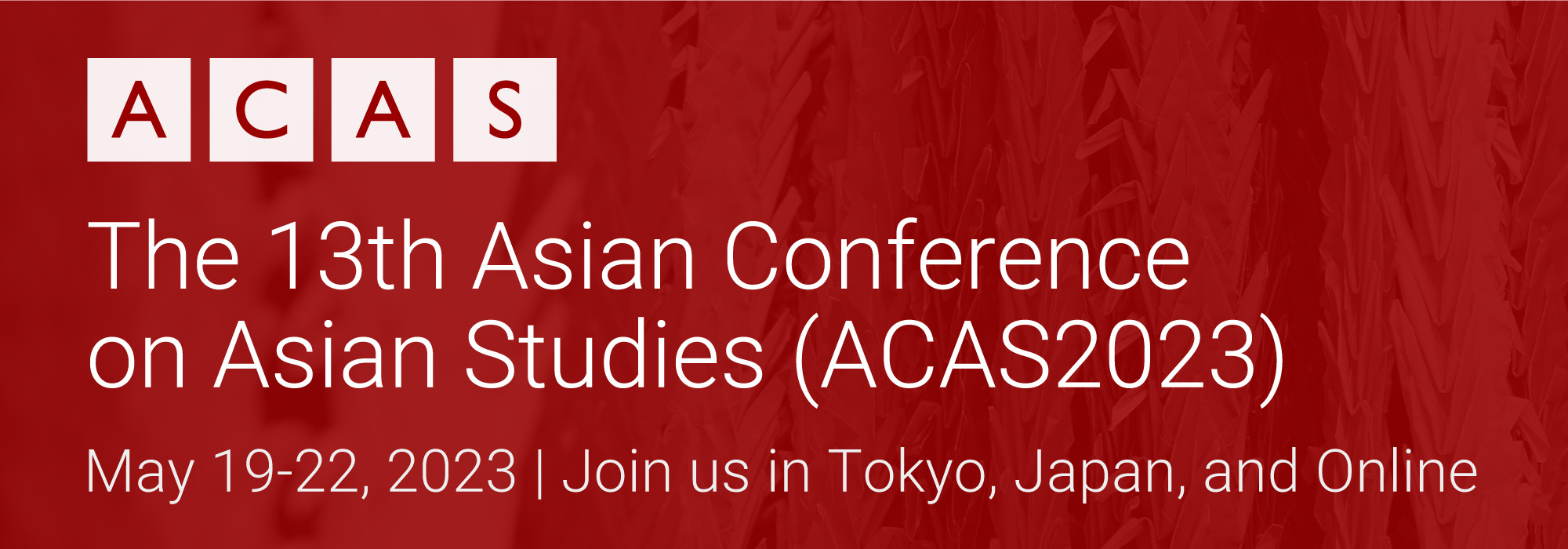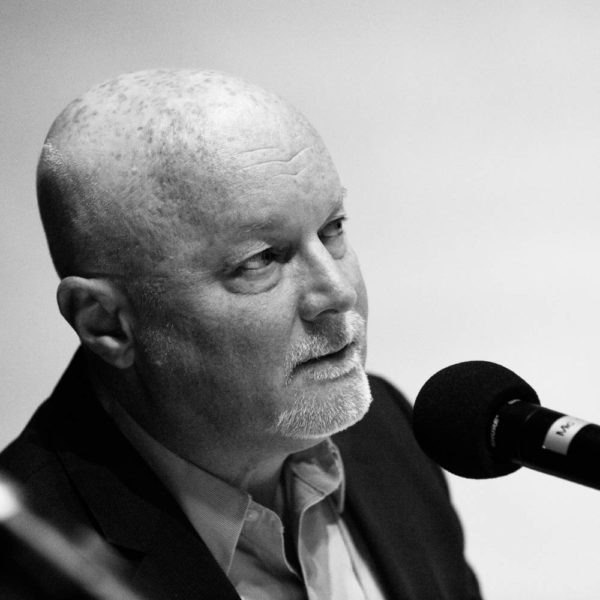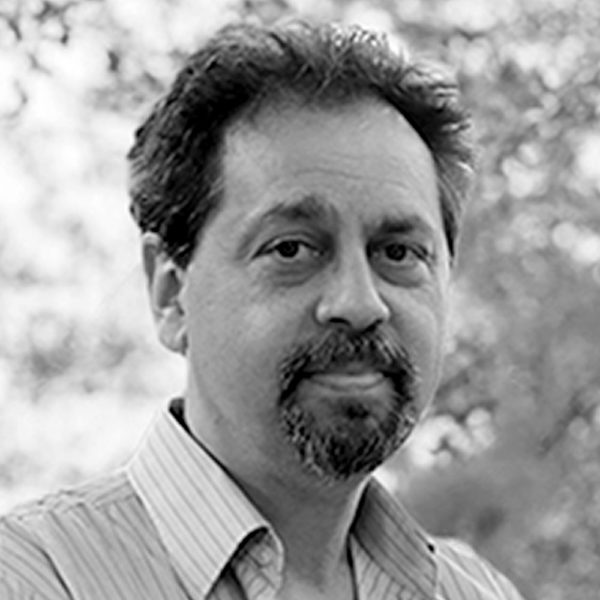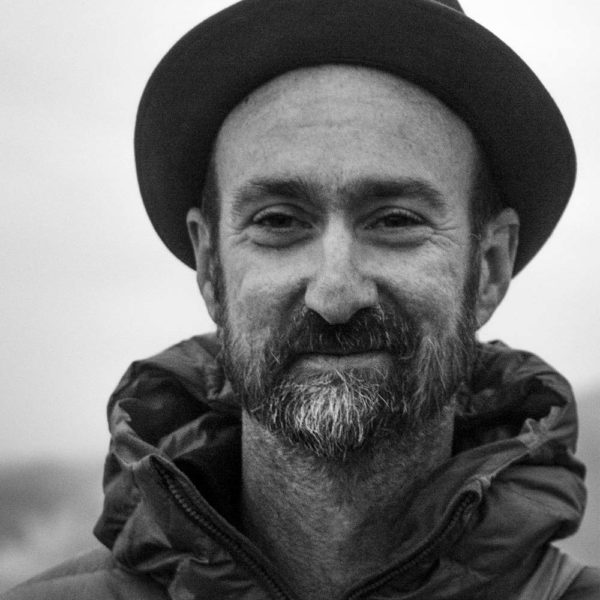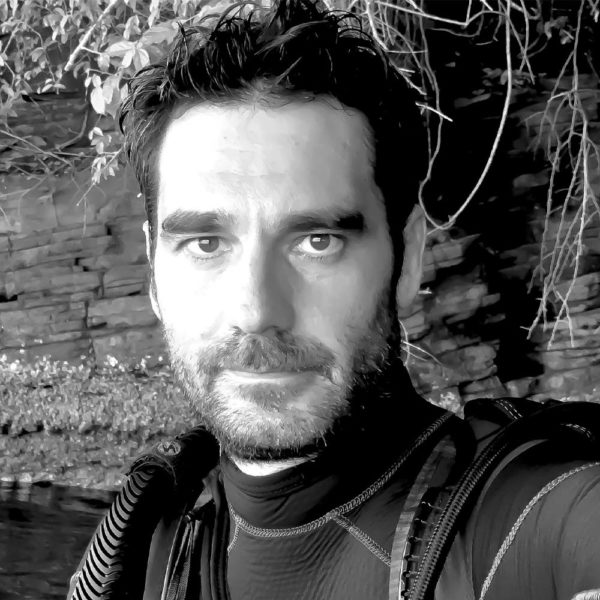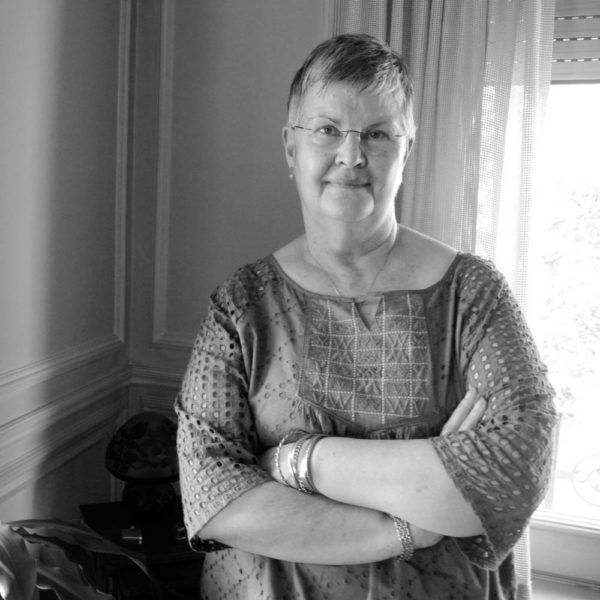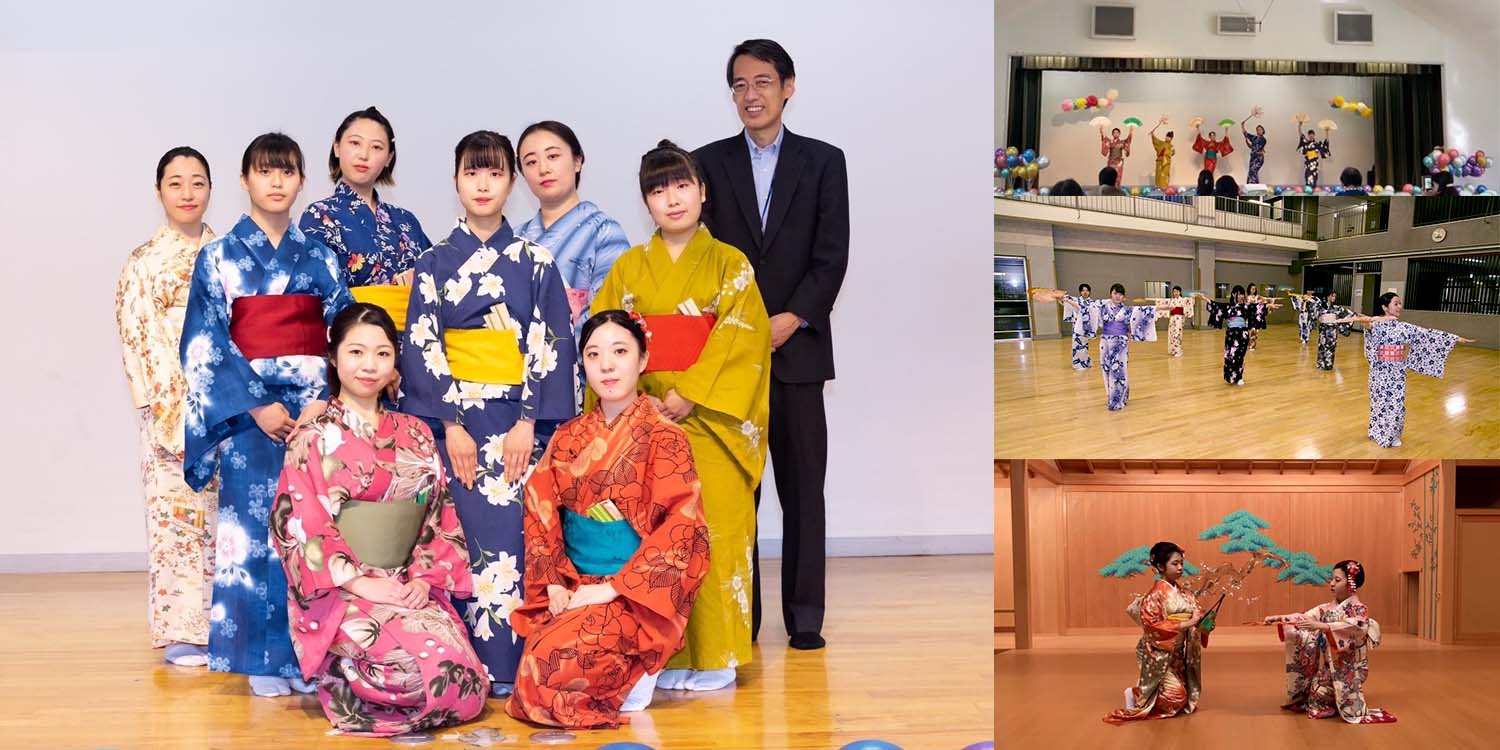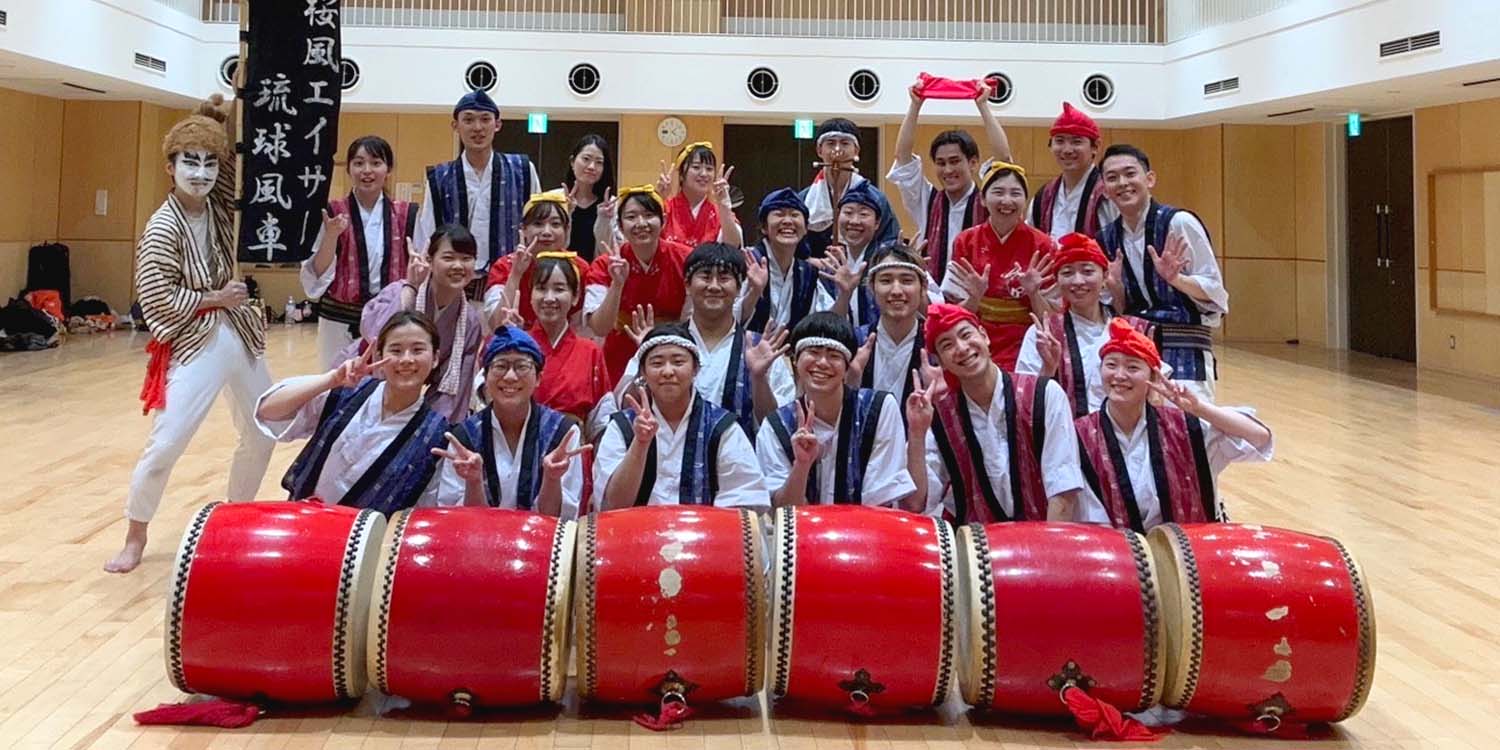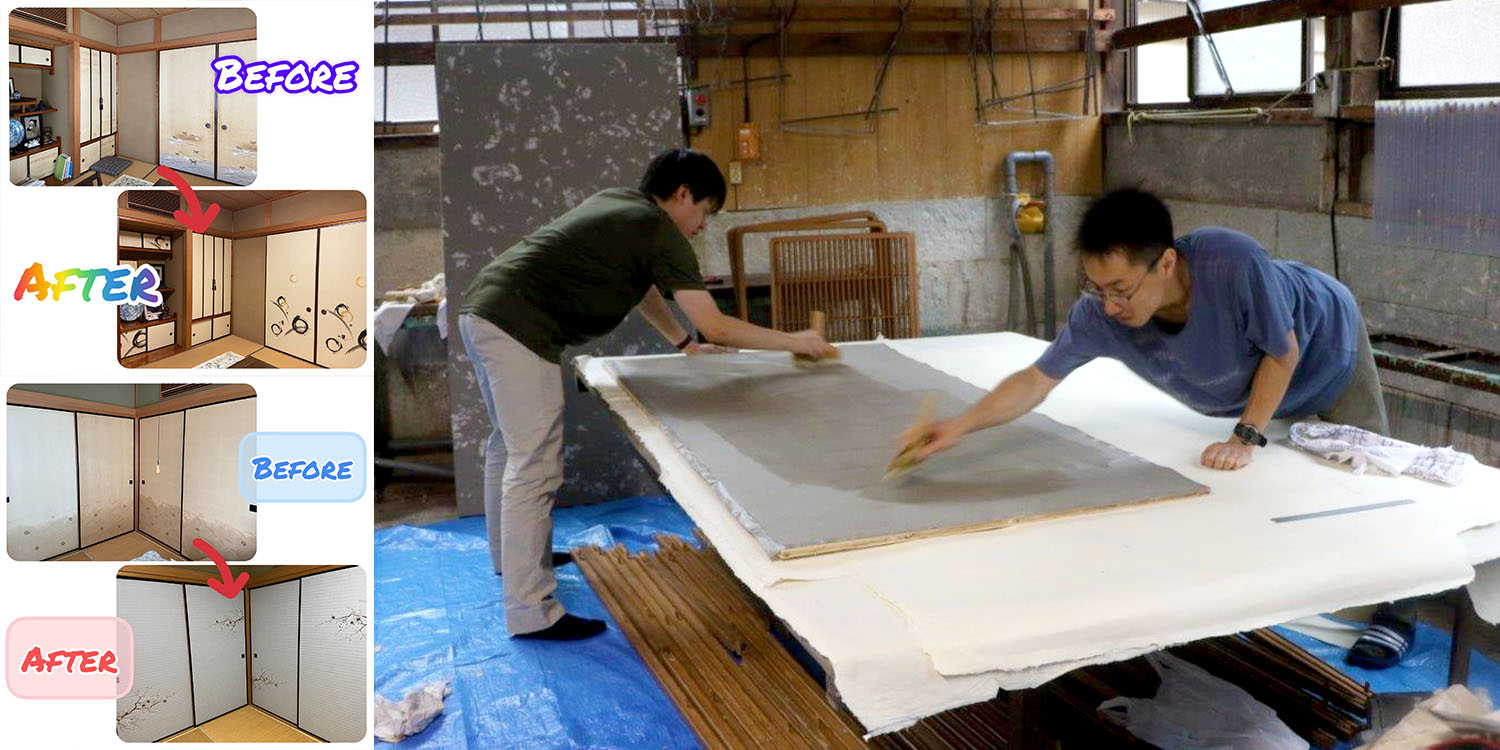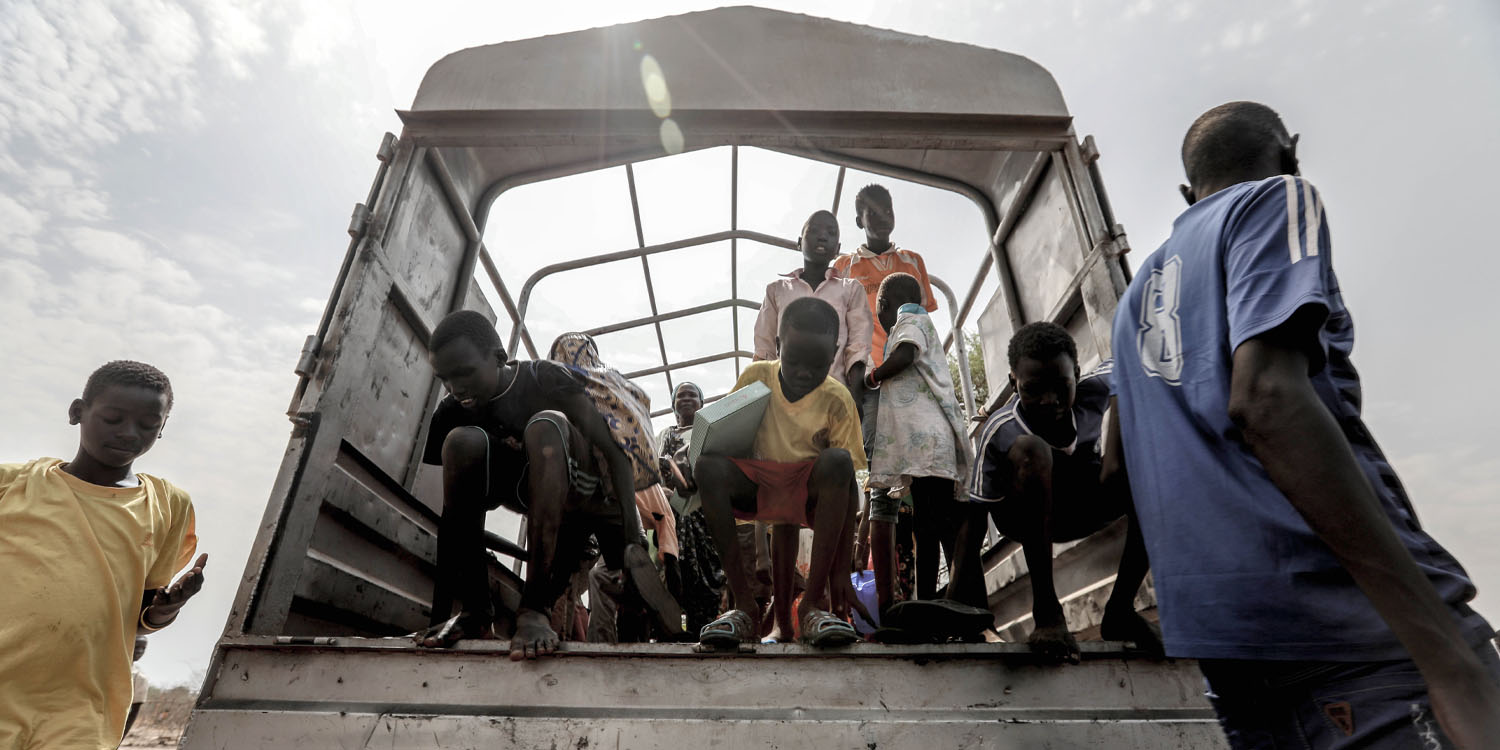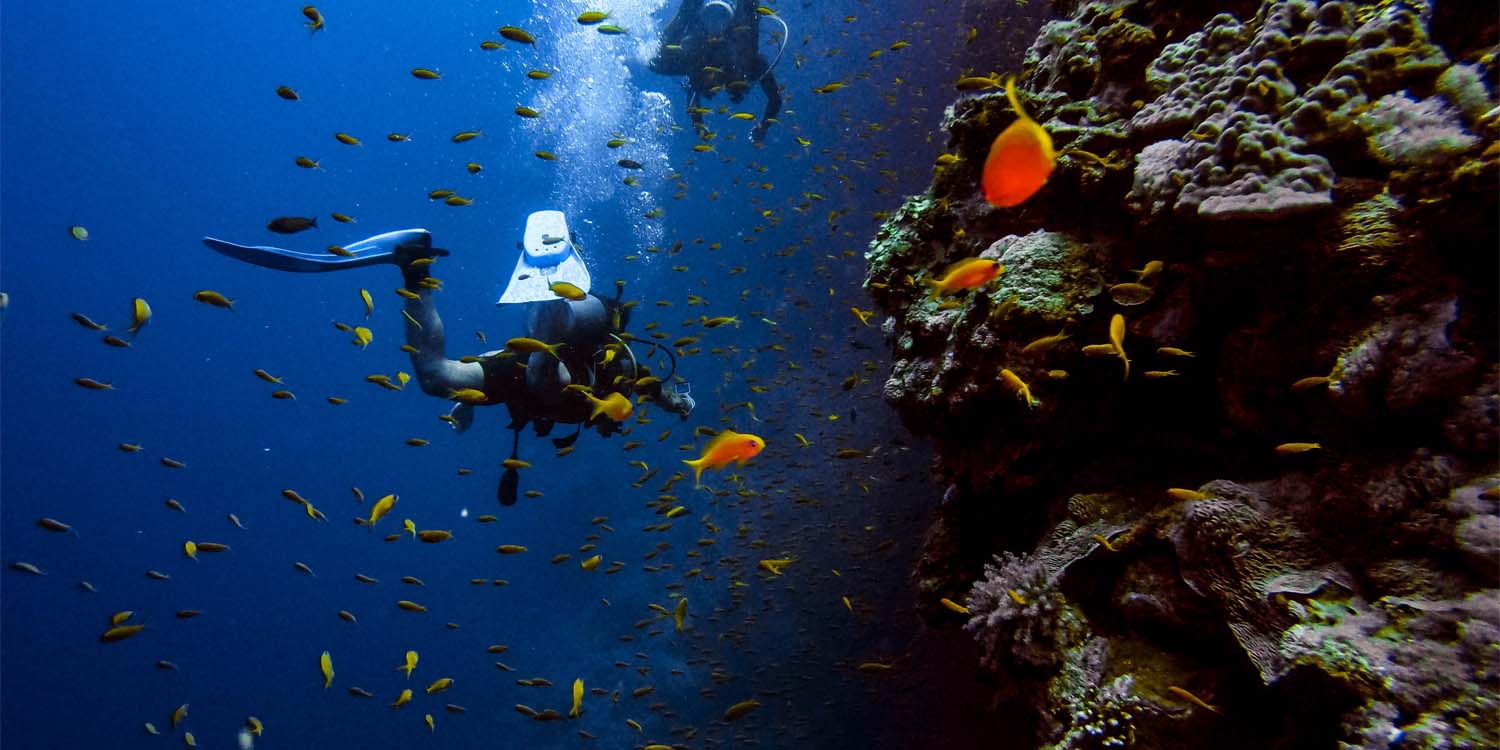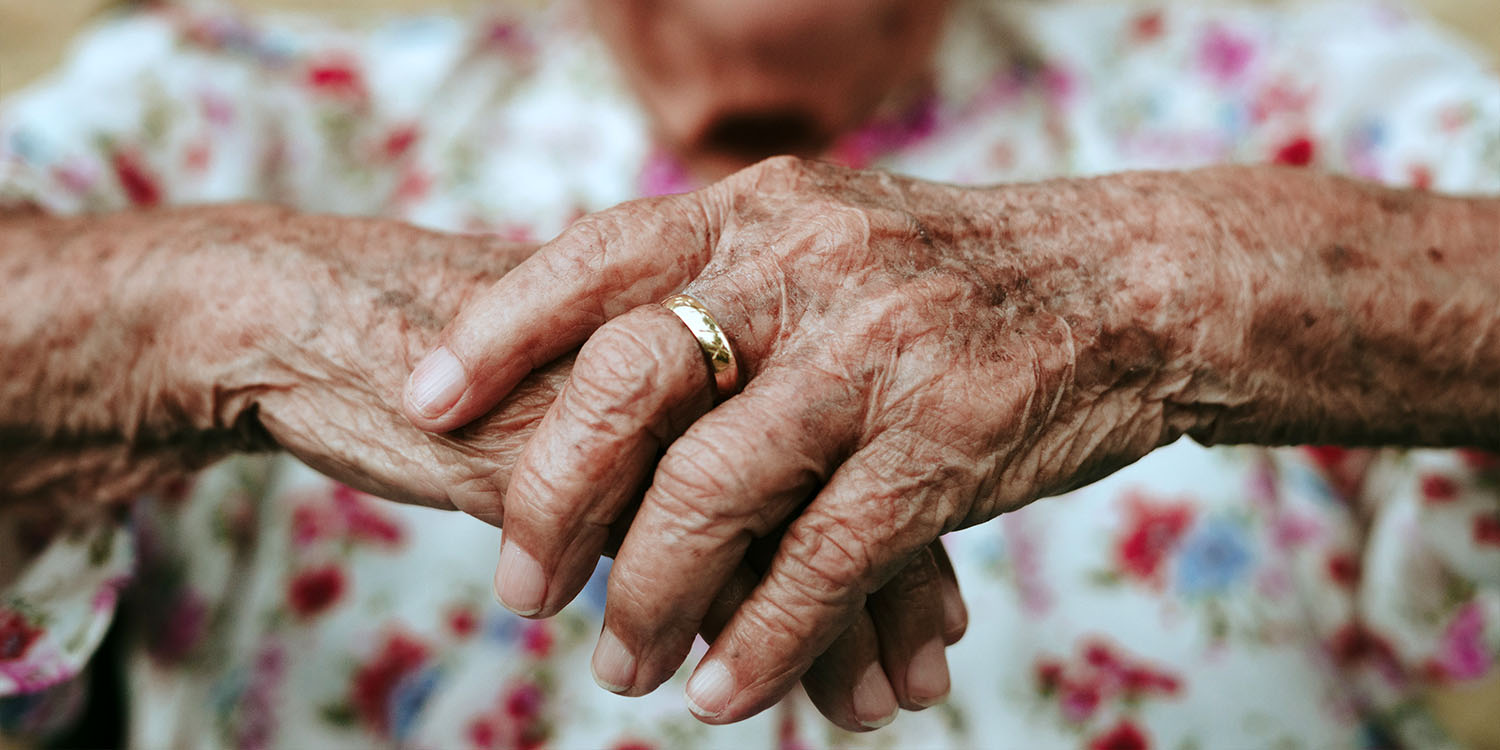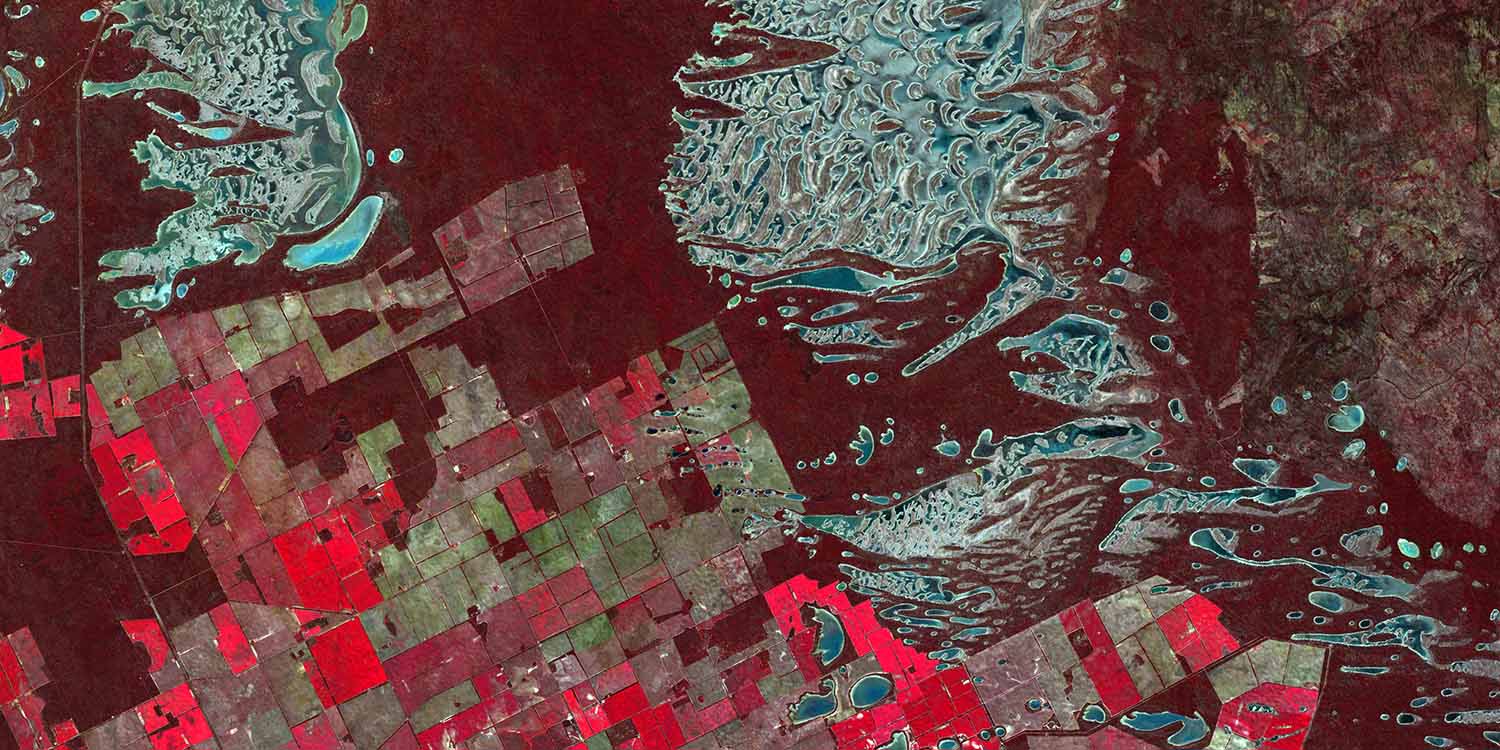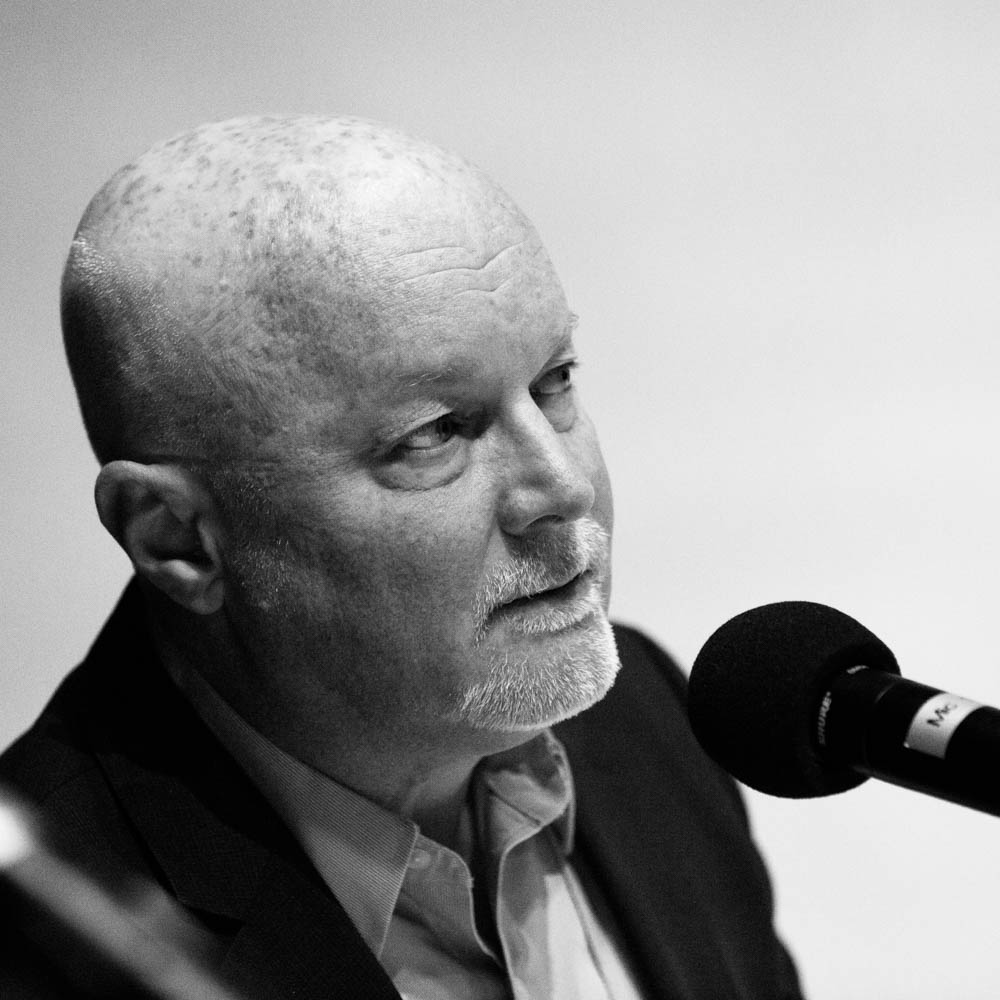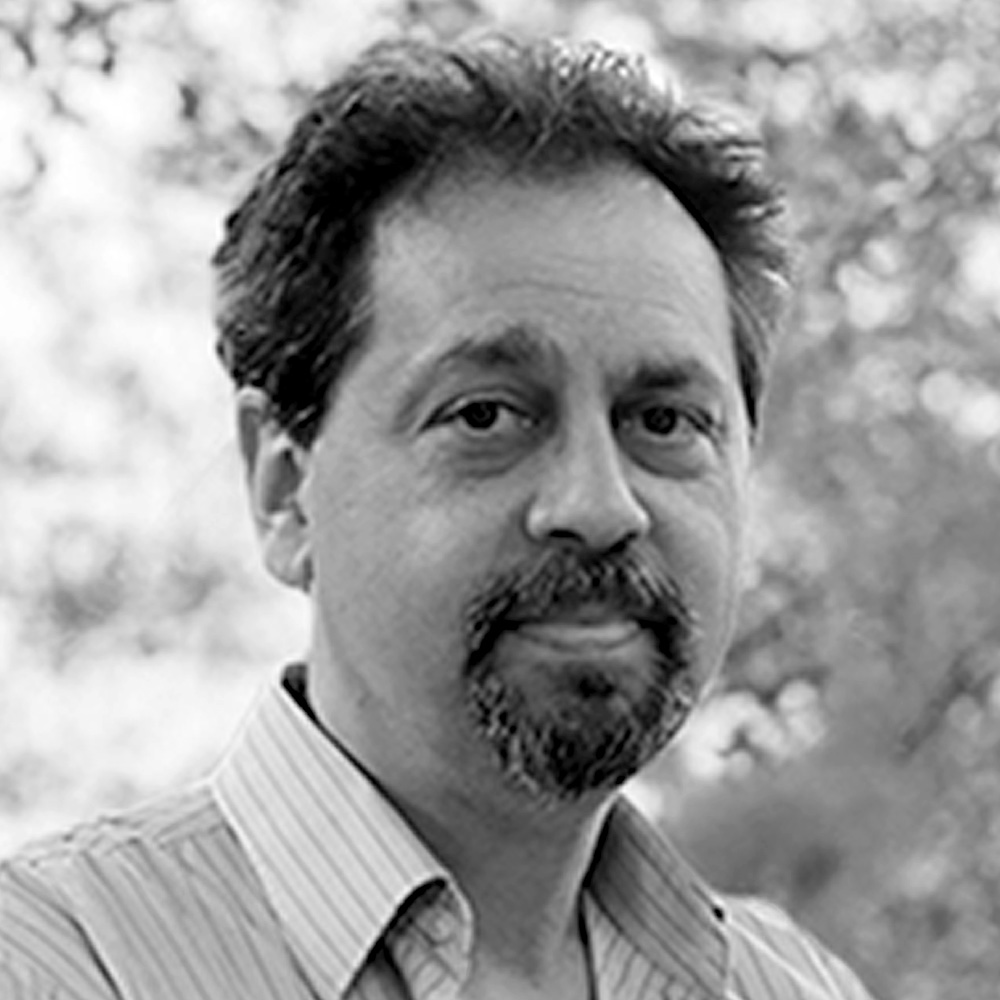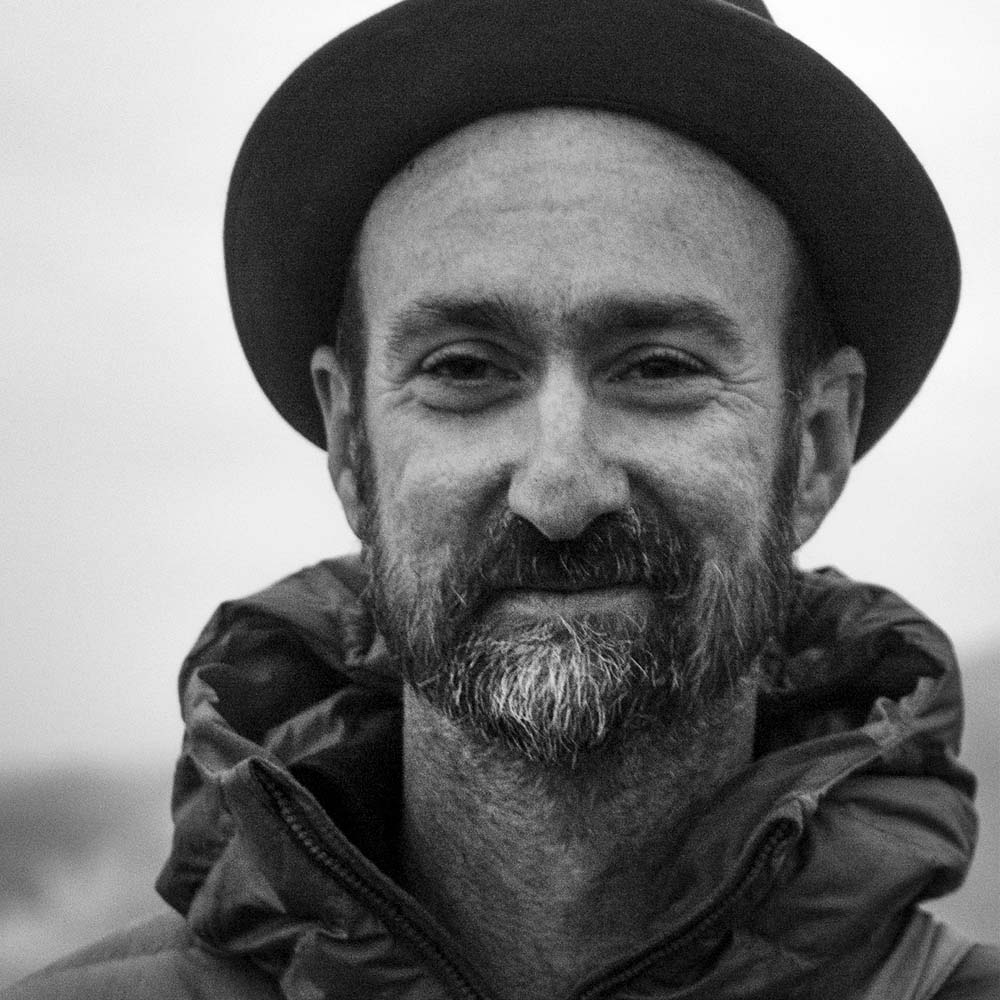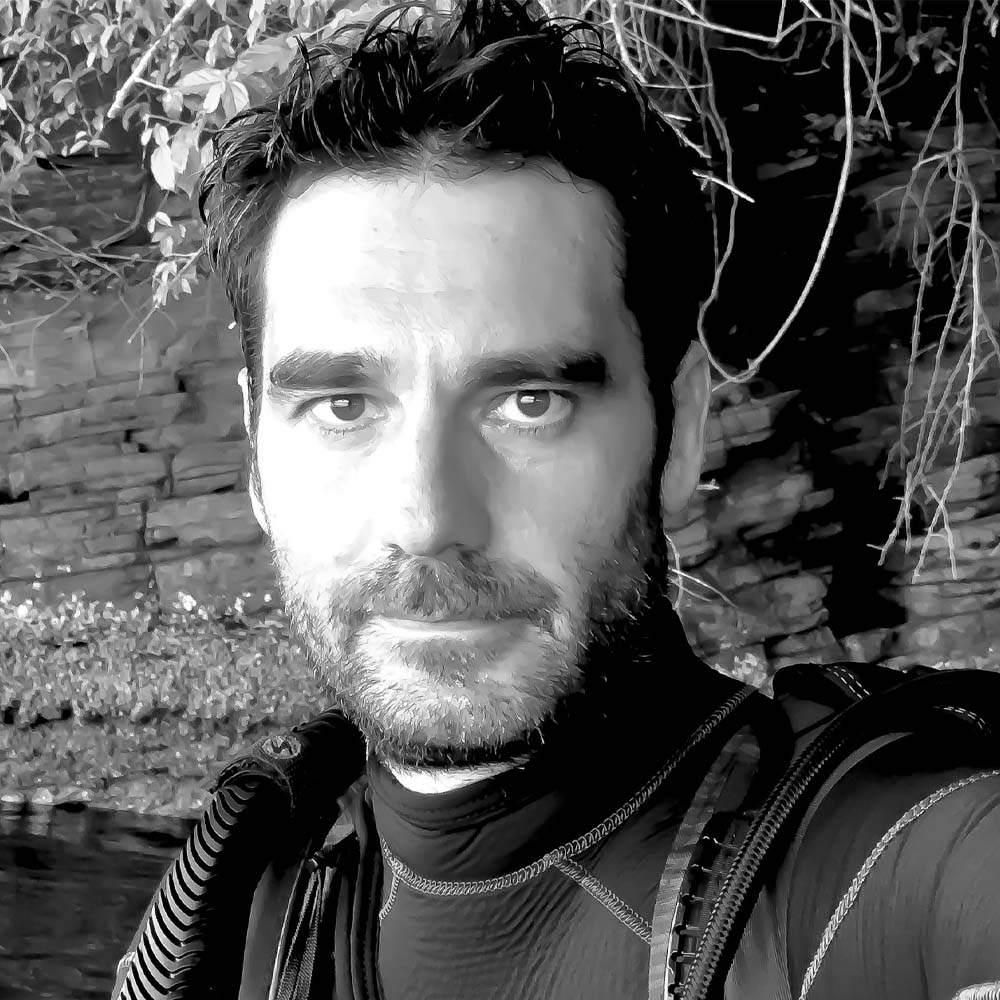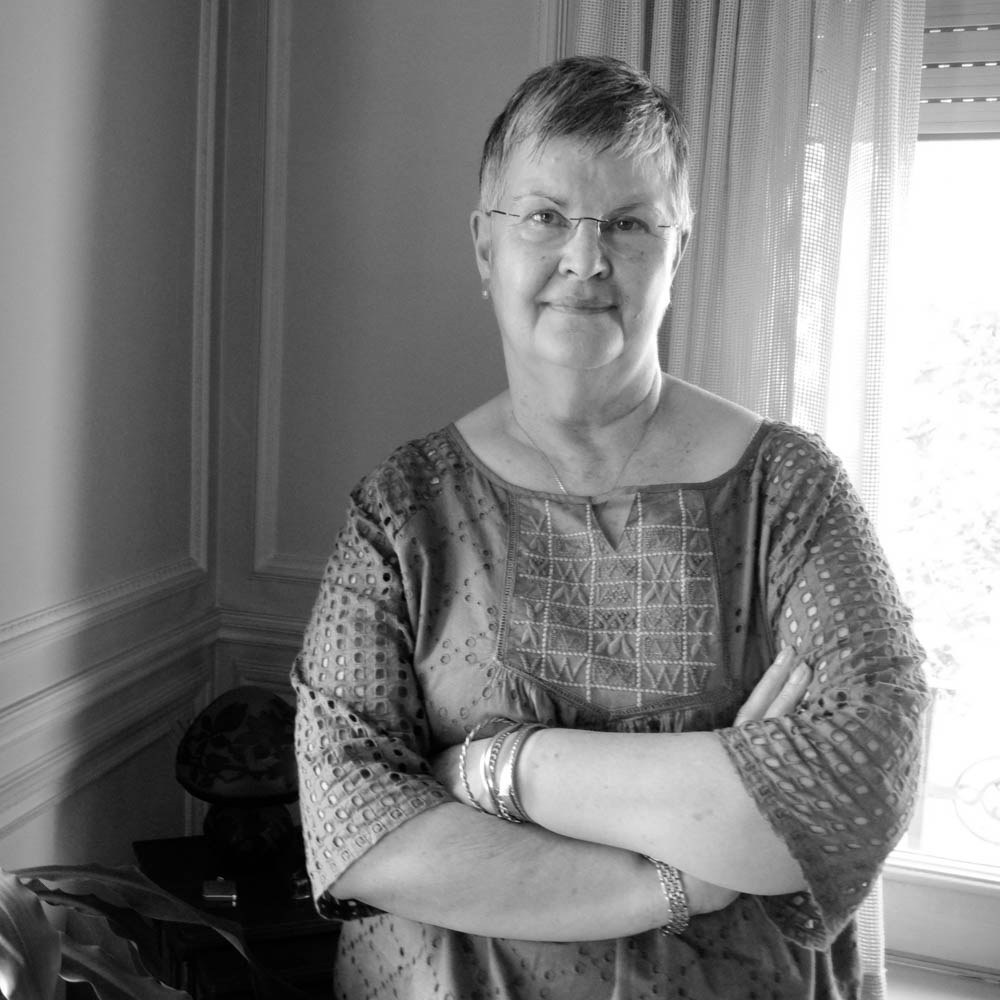
ACAS is organised by IAFOR in association with the IAFOR Research Centre at the Osaka School of International Public Policy (OSIPP) in Osaka University, Japan.
Join us in Tokyo for ACAS2023!
May 19-22, 2023 | Held in Tokyo, Japan, and Online
Held in partnership with the IAFOR Research Centre at the Osaka School of International Public Policy (OSIPP) at Osaka University, this international conference encourages academics and scholars to meet and exchange ideas and views in a forum stimulating respectful dialogue. This event will afford an exceptional opportunity for renewing old acquaintances, making new contacts, networking, and facilitating partnerships across national and disciplinary borders.
Since its founding in 2009, IAFOR has brought people and ideas together in a variety of events and platforms to promote and celebrate interdisciplinary study, and underline its importance. Over the past year we have engaged in many cross-sectoral projects, including those with universities (the University of Barcelona, Hofstra University, UCL, University of Belgrade and Moscow State University), a think tank (the East-West Center), as well as collaborative projects with the United Nations in New York, and here, with the Government of Japan through the Prime Minister’s office.
With the IAFOR Research Centre, we have engaged in a number of interdisciplinary initiatives we believe will have an important impact on domestic and international public policy conversations. It is through conferences like these that we expand our network and partners, and we have no doubt that ACAS2023 will offer a remarkable opportunity for the sharing of research and best practice, and for the meeting of people and ideas.
The 13th Asian Conference on Asian Studies (ACAS2023) will be held alongside The 13th Asian Conference on Cultural Studies (ACCS2023).
– The ACAS2023 Conference Committee
- Location & Venue: Held in Tokyo, Japan, and Online
- Dates: Friday, May 19, 2023 to Monday, May 22, 2023
- Early Bird Abstract Submission Deadline: December 20, 2022*
- Final Abstract Submission Deadline: March 03, 2023
- Registration Deadline for Presenters: April 06, 2023
*Submit early to take advantage of the discounted registration rates. Learn more about our registration options.
Programme
-
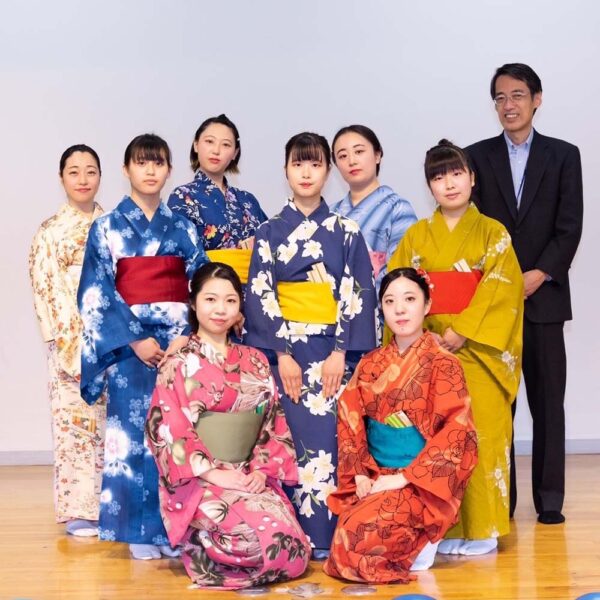 Grace and Tradition: Discovering the Beauty of NihonbuyoCultural Presentation: Keisen University Nihonbuyo Club, Keisen University
Grace and Tradition: Discovering the Beauty of NihonbuyoCultural Presentation: Keisen University Nihonbuyo Club, Keisen University -
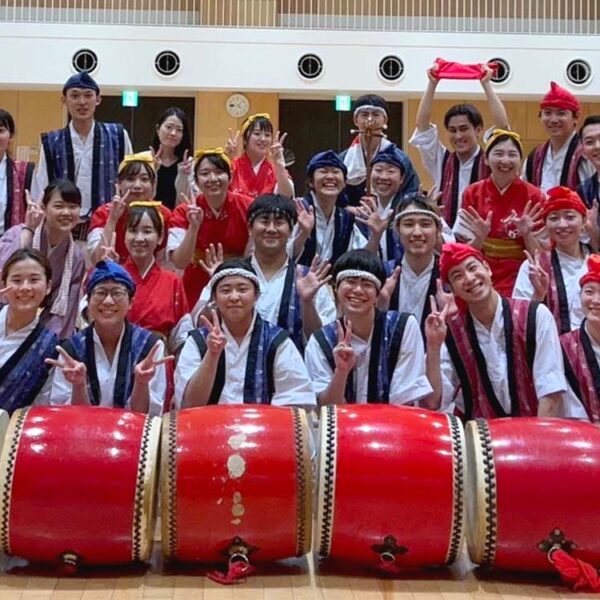 Okinawa Eisa: The Dance Tradition of the Ryukyu IslandsCultural Presentation: Okinawa Eisa Club, J.F. Oberlin University
Okinawa Eisa: The Dance Tradition of the Ryukyu IslandsCultural Presentation: Okinawa Eisa Club, J.F. Oberlin University -
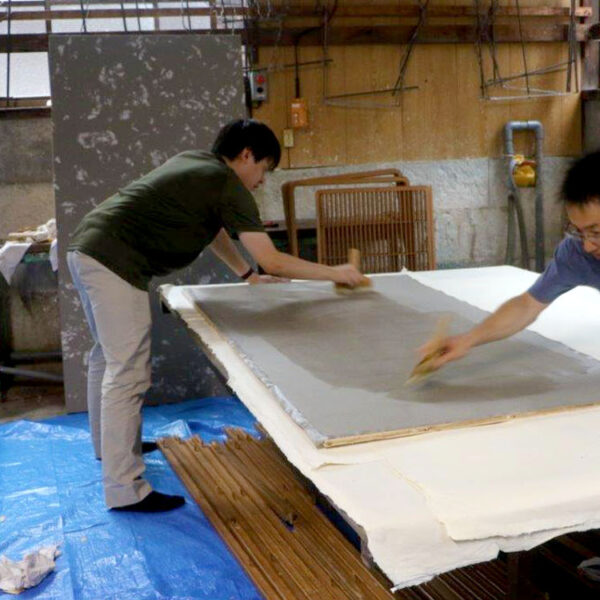 Fusuma: The Art of Japanese Sliding DoorsCultural Presentation: Todai Fusuma Club, University of Tokyo
Fusuma: The Art of Japanese Sliding DoorsCultural Presentation: Todai Fusuma Club, University of Tokyo -
 There is No New NormalKeynote Presentation: Donald E. Hall
There is No New NormalKeynote Presentation: Donald E. Hall -
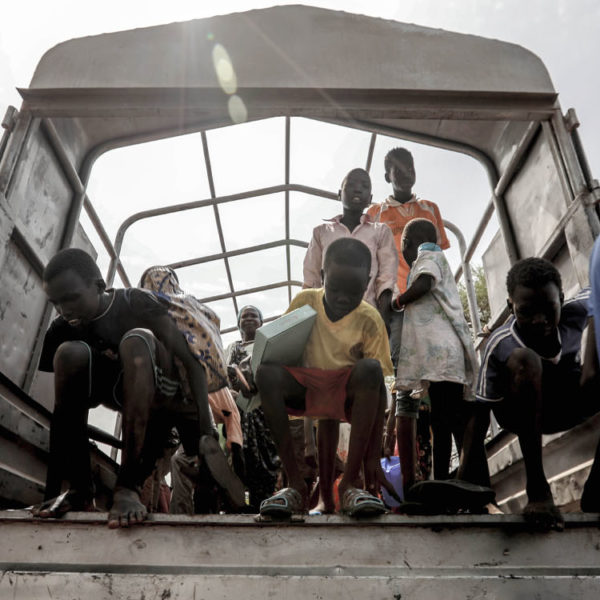 Democratising Displacement: Paths to Political Inclusion for Refugees, Asylum Seekers and Internally Displaced PersonsKeynote Presentation: Max Pensky
Democratising Displacement: Paths to Political Inclusion for Refugees, Asylum Seekers and Internally Displaced PersonsKeynote Presentation: Max Pensky -
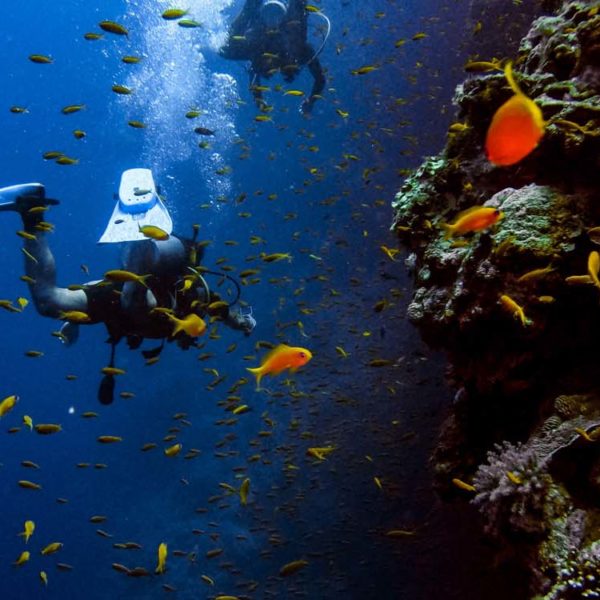 Creating New Marine Protected Areas During Indonesia’s New NormalKeynote Presentation: Alex Del Olmo
Creating New Marine Protected Areas During Indonesia’s New NormalKeynote Presentation: Alex Del Olmo -
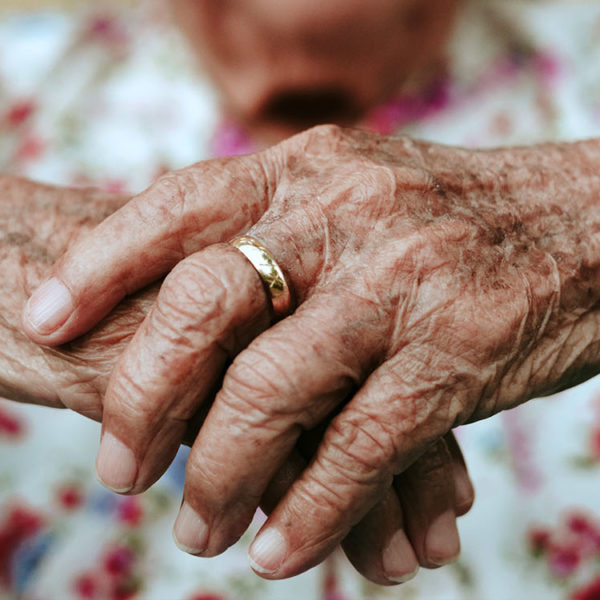 From “Normal” to the “New Normal” through to the “Abnormal”: Where Do We Place the Elderly on This Scale?Keynote Presentation: Sue Ballyn
From “Normal” to the “New Normal” through to the “Abnormal”: Where Do We Place the Elderly on This Scale?Keynote Presentation: Sue Ballyn -
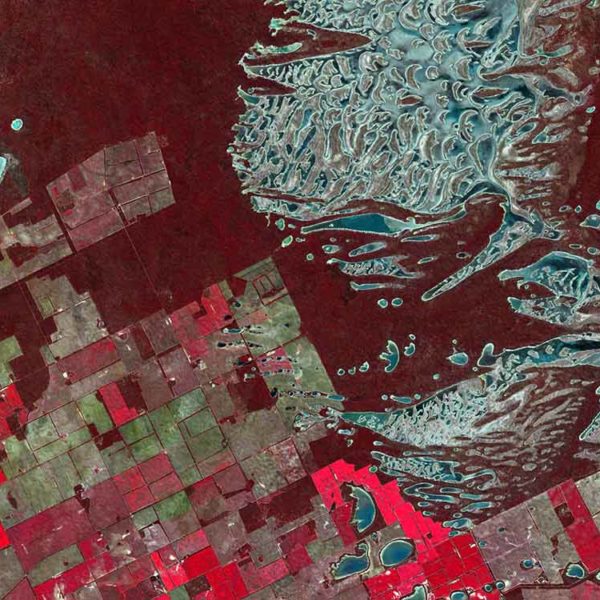 Environmental Communication and Public Engagement Through Creative Uses of Satellite DataKeynote Presentation: Grayson Cooke
Environmental Communication and Public Engagement Through Creative Uses of Satellite DataKeynote Presentation: Grayson Cooke
Speakers
Conference Committees
Global Programme Committee
Dr Joseph Haldane, Chairman and CEO, IAFOR
His Excellency Professor Toshiya Hoshino, Osaka University, Japan
Professor Barbara Lockee, Virginia Tech., United States
Professor Donald E. Hall, Binghamton University, United States
Dr James W. McNally, University of Michigan, United States & NACDA Program on Aging
Professor Haruko Satoh, Osaka University, Japan
Dr Grant Black, Chuo University, Japan
Professor Dexter Da Silva, Keisen University, Japan
Professor Gary Swanson, University of Northern Colorado, United States
Professor Baden Offord, Curtin University, Australia
Professor Frank Ravitch, Michigan State University, United States
Professor William Baber, Kyoto University, Japan
Conference Programme Committee
Professor Umberto Ansaldo, Curtin University, Australia
Professor Yasue Arimitsu, Doshisha University, Japan
Dr Sue Ballyn, University of Barcelona, Spain
Keiko Bang, Bang Singapore Pte Ltd., Singapore
Dr Darlene Machell Espena, Singapore Management University, Singapore
Professor Lorna Piatti-Farnell, Auckland University of Technology, New Zealand
Professor Gerard Goggin, Nanyang Technological University, Singapore
Dr Joseph Haldane, The International Academic Forum (IAFOR), Japan
Professor Donald E. Hall, University of Rochester, United States
Professor Baden Offord, Centre for Human Rights Education, Curtin University, Australia & Cultural Studies Association of Australasia
Professor Seiko Yasumoto, University of Sydney, Australia
IAFOR International Academic Advisory Board
Cultural & Area Studies Section
Professor Umberto Ansaldo, The University of Hong Kong, Hong Kong
Keiko Bang, Bang Singapore Pte Ltd
Professor John Nguyet Erni, Hong Kong Baptist University, Hong Kong
Professor Gerard Goggin, Nanyang Technological University, Singapore
Dr Sue Ballyn, Barcelona University, Spain
Professor Holger Briel, Xi’an Jiaotong-Liverpool University, China
Professor Ljiljana Markovic, University of Belgrade, Serbia
Professor Kuniko Miyanaga, Human Potential Institute, Japan
Professor Baden Offord, Curtin University, Australia
Dr Seiko Yasumoto, University of Sydney, Australia
Professor Donald E. Hall, Binghamton University, United States
Dr Maxime Jaffré, United Arab Emirates University, United Arab Emirates
Dr Elena Raevskikh, Department of Culture and Tourism Abu Dhabi, United Arab Emirates
Conference Review Committee
IAFOR's peer review process, which involves both reciprocal review and the use of Review Committees, is overseen by conference Organising Committee members under the guidance of the Academic Governing Board. Review Committee members are established academics who hold PhDs or other terminal degrees in their fields and who have previous peer review experience.
If you would like to apply to serve on the ACAS2023 Review Committee, please visit our application page.
